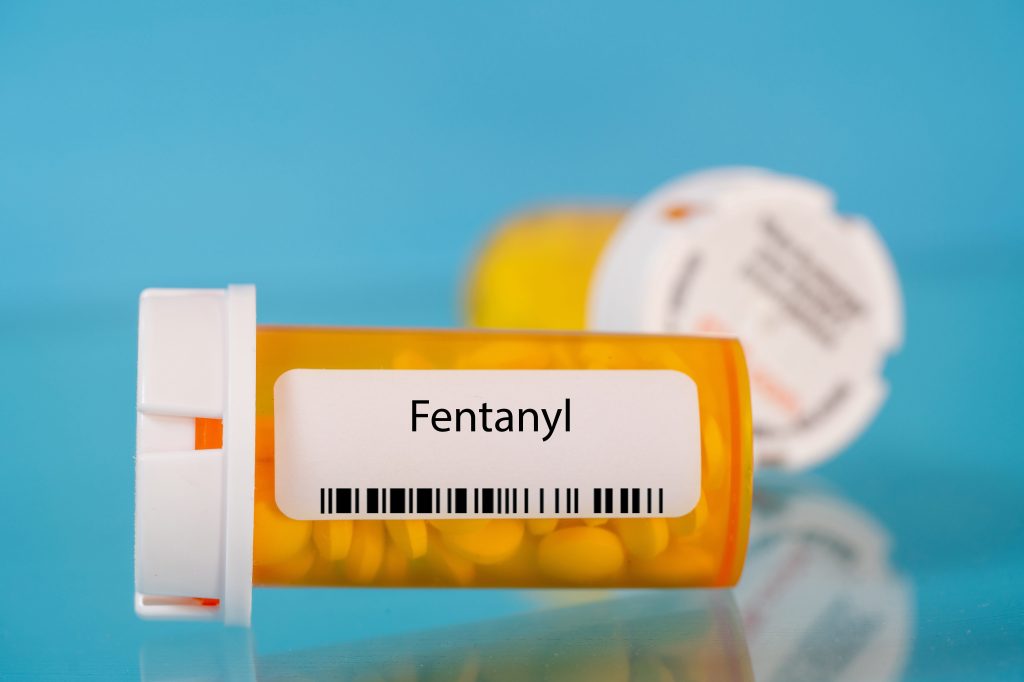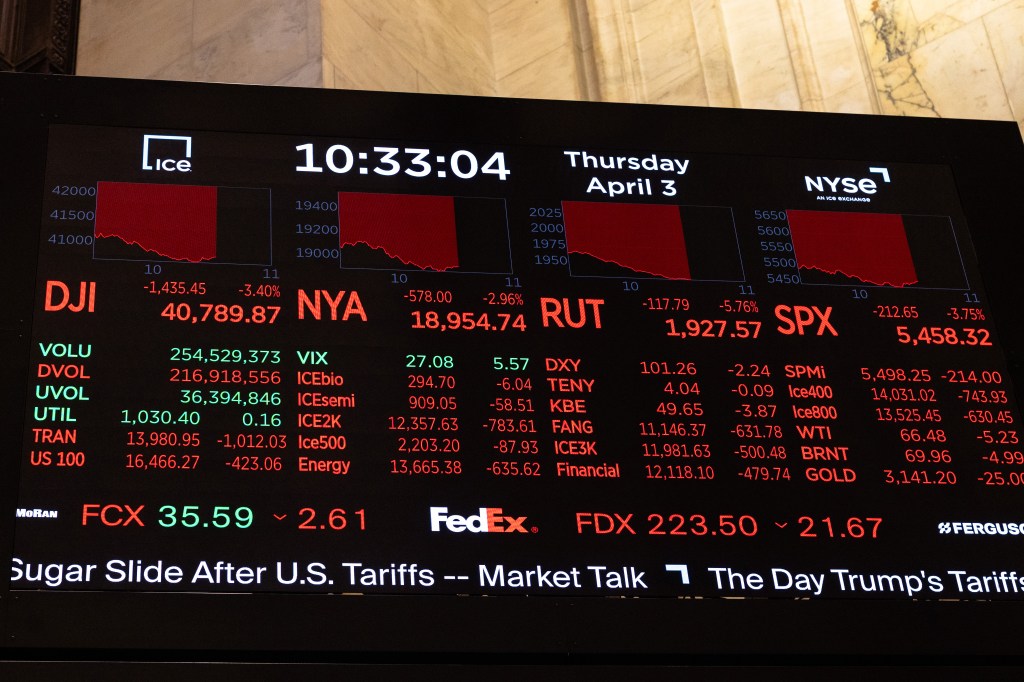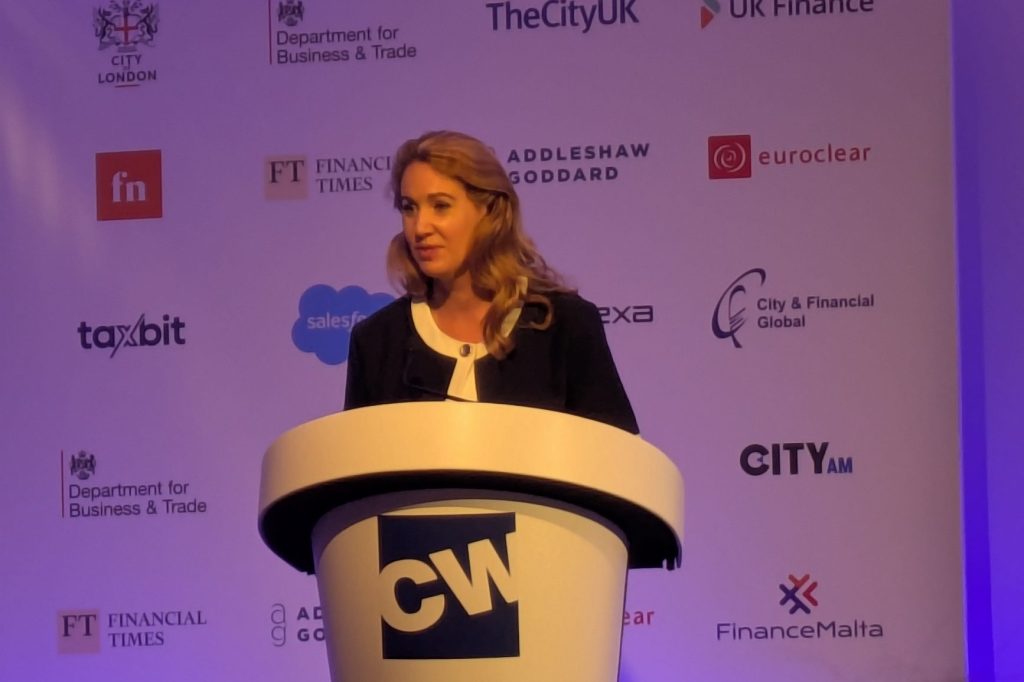Tim Dolan is a Partner in the financial services regulatory lawyers team at Reed Smith. We spoke to him about the “Big Bang 2.0″, ESG, crypto, and the regulatory challenges that lie ahead in different jurisdictions.”
In terms of Big Bang 2.0 and “Brexit Freedoms”, what key pieces of financial regulation are coming up in the UK?
“I’m skeptical that any of this will make change for the vast majority of UK financial services firms, because so many of our rules are baked into everyday conduct of business activity conducted by firms. To remove some of them now would actually create more administrative hassle for very little benefit. What I think will happen is that there will be changes around regulatory capital regime for insurers and other very large institutions, but not for the vast majority of firms.”
“So whilst there could be some efficiencies gained there and maybe some changes around the freeing up of capital markets in the UK, for an ‘average’ FCA-authorized firm, I suspect there will be very little benefit whatsoever. It’s worth remembering that an awful lot of the European infrastructure we are still dealing with, its genesis is ultimately from the UK and the UK regulatory body. In terms of ringfencing, there may be savings or gains for very large institutions around capital. It’s very sensible. But it won’t move the dial for the vast majority of authorized firms.”
Is there a gap between aspirations and the practical implementation of regulation?
“There’s a huge gap between what we need to be regulating and what we are regulating. In my view, we are almost completely dependent on a framework that was created in the mid-1980s following the Big Bang, which has had some layers added to it. But since that time, there has not been a fundamental discussion about what we regulate, why we regulate financial institutions, what we’re seeking to achieve from that regulation, what we need to regulate, how many people we need, and what the cost of that regulation is.”
“We work with a rulebook and set of legislation designed to capture activity before the electronic age, which when you think about it is quite extraordinary.”
Tim Dolan
“We haven’t had that discussion ever about what it is we’re regulating and why. Therefore, we work with a rulebook and set of legislation designed to capture activity before the electronic age, which when you think about it is quite extraordinary. A lot of the language we use in The Financial Services and Markets Act 2000 (Regulated Activities) Order 2001 is around or connected with the concept of people having physical rather than electronic contact with each other, be that with a product provider, manufacturer, customer, and that’s the bit that’s sorely missing with regulation and where the gap lies.”
Do you envisage attempts to change that in the near future?
“Not with the latest version of our government. I thought there might have been earlier this year but at the moment I get the sense that probably not, and you almost get the sense the government might be nervous tinkering with things that they may feel they don’t need to tinker with.”
“We have an overworked regulator with some firms being authorized to do things that don’t require authorization.”
“But it needs to happen at some stage because we have an overworked regulator with some firms being authorized to do things that don’t require authorization, while at the same time we have this constant clash between what it is we’re trying to achieve from regulation – is it protecting consumers, is it an efficient market, is it financial stability and confidence, is it something else? And often you have the regulator trying to be all things to all people and it can’t do that because it doesn’t have the resources.”
What about ESG?
“Under the European Sustainable Finance Disclosure Regulation (SFDR), we have a regime that’s been enforced for more than a year now, but the fundamental problem was that it was all about improving transparency around what investment products are doing and what they’re investing into – it wasn’t designed to be a labelling regime. So the idea in Europe was that if a product promoted ESG criteria or was fixed to a benchmark then it would be in one of two different categories.”
“The problem with the European regime though is that it has become a labelling regime in reality and investors, consumers, product manufacturers are all asking – does this product fall within what’s called Article 8 or Article 9 of the SFDR? Article 8 captures products that promote ESG concepts while Article 9 captures products that are actively pursuing them and have agreed to be fixed to a specific benchmark, by which they will be held accountable. All well and good but the framework itself is not designed for that sort of labelling. So in Europe people are constantly saying – is this an Article 6 product that’s not pursuing ESG at all?”
Is there a difference in ESG labelling between Europe and the UK?
“The disclosures that are required just don’t work properly for a labelling machine. By contrast, we now have the FCA consultation paper that came out a week ago where there are labels that the FCA has developed that are more pragmatic, that talk about more sustainable-focussed products that are aiming to invest in assets that can be reasonably regarded as being ESG-sustainable, or sustainable improvers which are aiming to invest in assets which have the potential to deliver improvements in ESG criteria, or sustainable impact, which are products that are going to achieve themselves a measurable ESG outcome. That to me seems more workable, more focussed on the underlying investor or consumer and what they want to try and understand.”
“The UK regime won’t come into force until mid-2024 but in the future you will have products that are potentially offered in Europe and the UK making quite different disclosures, which doesn’t help anybody.”
“The challenge though is that now we have this gulf between the European and EU regime. To state the obvious – understanding and pursuing ESG at the highest level must be a good thing and having structures in place to avoid or ensure companies do not greenwash is a good thing. So therefore I guess it follows that at the highest and holistic level that helps make companies more resilient.”
Moving on to crypto, how will regulation evolve in that sector in different jurisdictions and does there need to be cohesion?
“My fear is that we will continue to have a disjointed response to crypto. My hope would be that we have one consistent way of understanding and regulating crypto around the world but I suspect I’m being too naïve in that regard. It’s impossible to predict at the moment. What we do know is that the vast majority of standard regulation around the world has been created following a crisis or a problem and you may say that with the relatively recent developments overseas, that may lead to the conclusion that global regulators need to do more than they’re doing and lead to something happening.”
“I think if there were more regulation of crypto that would actually help the crypto sector itself in regards consumer confidence.”
“I hope something does happen as at the moment we’re in a no man’s land, which isn’t helpful for anybody. I think if there were more regulation of crypto that would actually help the crypto sector itself in regards consumer confidence. I’m in the camp that thinks it has to be regulated and thinks that not all crypto is a scam. It is clear to me that crypto can be used quite legitimately for legitimate purposes.”

















